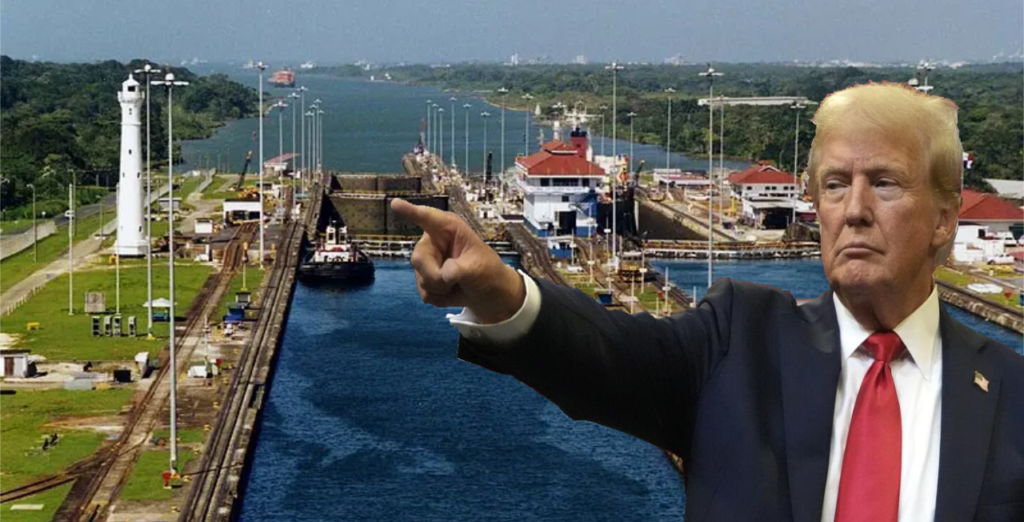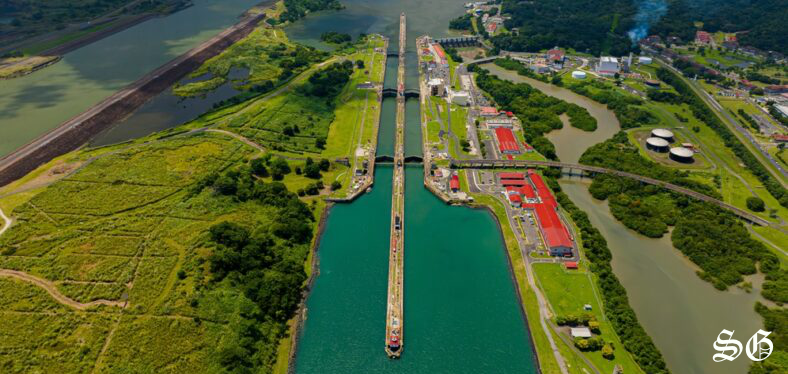Table of Contents

Trump’s Threat to Reassert Control Over the Panama Canal
Background: The Panama Canal and Its Importance
The Panama Canal is a critical waterway that allows ships to cross between the Pacific and Atlantic Oceans, facilitating up to 14,000 ships per year. It plays a vital role in global trade, accounting for 2.5% of seaborne trade, especially in U.S. imports and exports, including commodities and goods from Asia.
Trump’s Claims About Panama Canal Fees
In a post on Truth Social, President-elect Donald Trump criticized Panama for charging excessive fees for the use of the canal. He argued that the U.S. had made significant contributions to Panama and should not be subjected to such high charges. Trump suggested that if Panama did not comply with what he viewed as fair terms, the U.S. could demand the return of the canal.
Concerns Over Chinese Influence
Trump also raised concerns about China’s involvement in the region, particularly referencing a Hong Kong-based company’s management of two ports on the canal’s Caribbean and Pacific entrances. While China does not control the canal itself, the presence of Chinese-managed ports sparked fears that the U.S. could lose influence over this crucial trade route.
Panama’s Sovereignty and Diplomatic Response
Panama, which gained full control of the canal in 1999 after years of U.S. administration, has firmly defended its sovereignty. Panamanian politicians criticized Trump’s remarks, urging the government to protect its autonomy. The Panamanian government remains resolute in its position that the canal is a symbol of the country’s independence and must remain under its control.
Historical Context: U.S. Control and the 1977 Treaty
The U.S. built the Panama Canal in the early 20th century and controlled it until the 1977 Panama Canal Treaty, which set the framework for its gradual transfer to Panama. By 1999, Panama had full control of the canal. This treaty, along with international law, makes it highly unlikely that the U.S. could regain control over the waterway.

Trump’s Rhetoric on Territorial Expansion
Trump’s statements about the Panama Canal are not the first instance where he has suggested territorial expansion. He has previously mentioned the idea of making Canada a U.S. state and expressed interest in purchasing Greenland, though both suggestions were met with resistance. These comments underscore his unorthodox approach to foreign policy.
Conclusion: Geopolitical and Legal Implications
While Trump’s threat to regain control over the Panama Canal is highly unlikely to materialize, it underscores a shift in U.S. diplomacy under his leadership. The debate touches on broader issues of sovereignty, international trade, and the influence of foreign powers, particularly China, in key global regions. However, under current international agreements and law, Panama’s control of the canal remains secure.